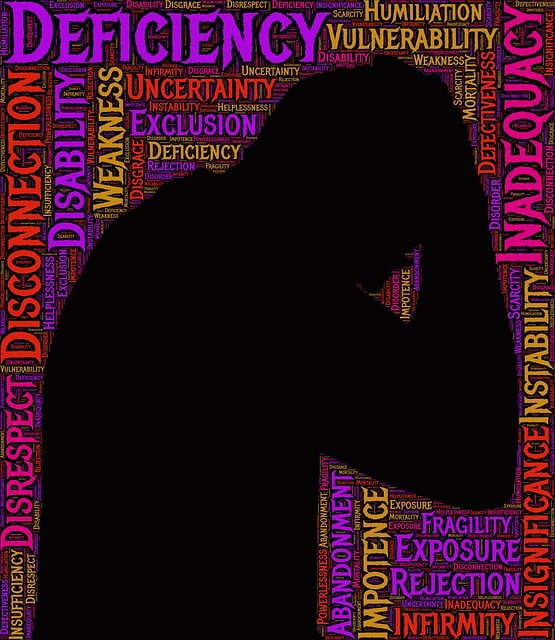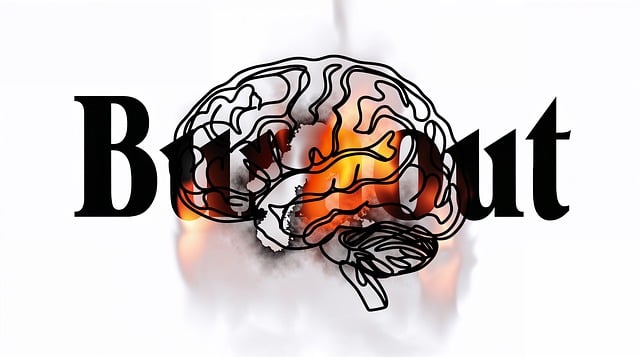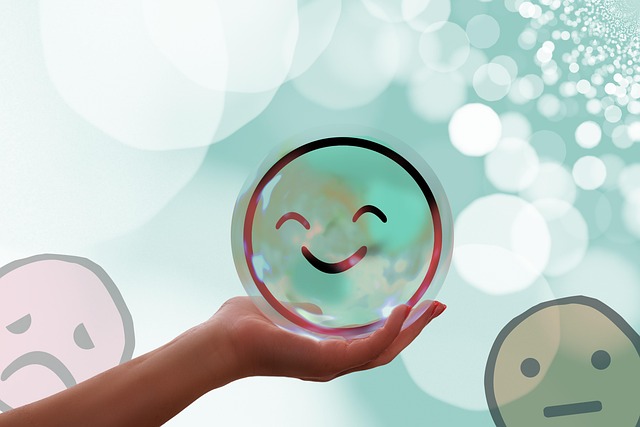Creating a mental wellness podcast focused on therapy for elders and blended families requires understanding their distinct challenges—complex dynamics and age-related mental health issues. Content should include relatable stories, practical tips, and expert advice. Utilizing advanced audio techniques, structured formats with interactive elements, and accessibility features ensures a high-quality experience. This strategy fosters open conversations about mental health, catering to diverse audiences while aligning with therapy initiatives for these specific demographics.
“Unwind and embrace mental wellness with our immersive podcast series, tailored for the unique needs of blended families and elderly listeners. In today’s fast-paced world, finding calm and connection is essential. This article guides you through crafting a therapeutic podcast experience, from understanding diverse audiences to producing engaging content and mastering production techniques. Discover how themes like family dynamics, aging with grace, and stress management can resonate deeply with your audience, offering much-needed support for mental health journeys. Explore effective strategies to create a space where listeners feel heard, valued, and empowered.”
- Understanding the Target Audience: A Deep Dive into Blended Families and Elderly Listeners
- Creating Engaging Content: Themes, Topics, and Strategies for Mental Wellness Discussion
- Production Techniques for a Therapeutic Podcast Series: From Recording to Release
Understanding the Target Audience: A Deep Dive into Blended Families and Elderly Listeners

Understanding your target audience is a crucial step in mental wellness podcast series production. When catering to blended families and elderly listeners, it’s essential to recognize the unique challenges and interests that come with these demographics. Blended families, often dealing with complex dynamics from previous marriages or partnerships, seek content that offers guidance on navigating family relationships, communication strategies, and emotional intelligence—the ability to understand and manage one’s emotions and the emotions of others. For elders, who may face age-related mental health issues alongside physical ones, podcasts can provide a much-needed outlet for discussing stress management techniques and finding community.
Many elderly listeners appreciate accessible content that addresses specific concerns like adjusting to life changes, maintaining social connections, and accessing therapy for elders. Incorporating stories and experiences from within these communities can make your podcast series more relatable and engaging. Moreover, promoting mental wellness podcast series production specifically tailored to these audiences can foster a sense of belonging and encourage open conversations about mental health—a valuable contribution to any stress management workshop organization.
Creating Engaging Content: Themes, Topics, and Strategies for Mental Wellness Discussion

Creating engaging content for a mental wellness podcast series involves thoughtful selection of themes and topics that resonate with diverse audiences. Incorporating discussions on therapy for elders and blended families can provide valuable insights into navigating unique challenges specific to these demographics. For example, exploring cultural sensitivity in mental healthcare practice is crucial when addressing the emotional well-being of multicultural communities, ensuring inclusive and effective support.
Strategic approaches include sharing practical tips on emotional well-being promotion techniques tailored to different life stages and family structures. Inviting guest speakers who offer crisis intervention guidance can equip listeners with essential tools for managing stress and overcoming obstacles. By mixing personal narratives, expert insights, and actionable advice, the podcast series can create a captivating narrative that educates and inspires, fostering open conversations about mental wellness across diverse communities.
Production Techniques for a Therapeutic Podcast Series: From Recording to Release

The production process for a therapeutic podcast series catering to seniors and blended families requires careful consideration to ensure a rich and supportive listening experience. Initially, focus on high-quality audio recording techniques to capture compelling narratives and expert interviews. This involves utilizing state-of-the-art equipment, such as professional microphones and noise-cancelling headphones, to minimize background distractions. Additionally, sound editing software enables the removal of unwanted noises and the enhancement of speech clarity, enhancing overall listening quality.
As the series progresses, integrate a structured format that balances storytelling with practical mental wellness advice. Each episode could include an introduction, guest interviews, case studies, and actionable tips tailored to seniors’ unique challenges and blended family dynamics. Incorporating interactive elements like call-in segments or Q&A sessions can foster a sense of community, encouraging listeners to share their experiences. Furthermore, promoting accessibility through captioning and transcription services benefits those with hearing impairments or learning differences, aligning with mental illness stigma reduction efforts. Regular risk assessments for contributing professionals ensure the responsible dissemination of therapeutic information within these sensitive topics, complementing mental health education programs design.
Mental wellness podcasts have the potential to reach and support diverse audiences, particularly blended families and elderly listeners seeking therapy. By understanding these specific groups’ needs and tailoring content accordingly, podcast creators can foster meaningful conversations around mental health. This article has explored strategies for engaging content creation, from identifying relevant themes to effective production techniques. By implementing these practices, podcasters can produce therapeutic series that resonate with blended families and offer valuable support to the elderly community, enhancing overall mental wellness.








